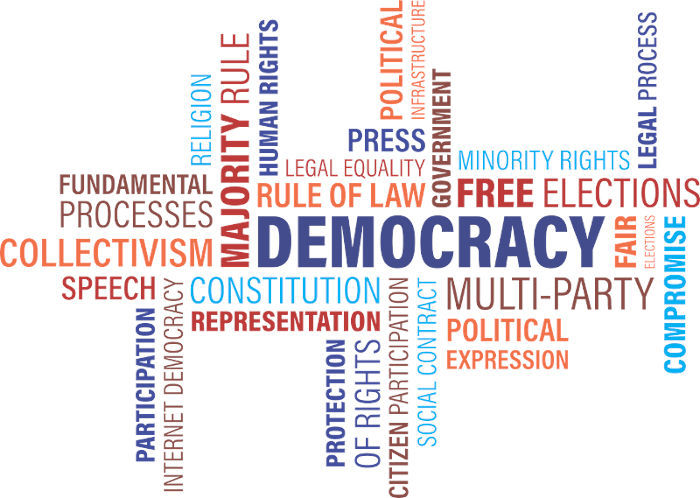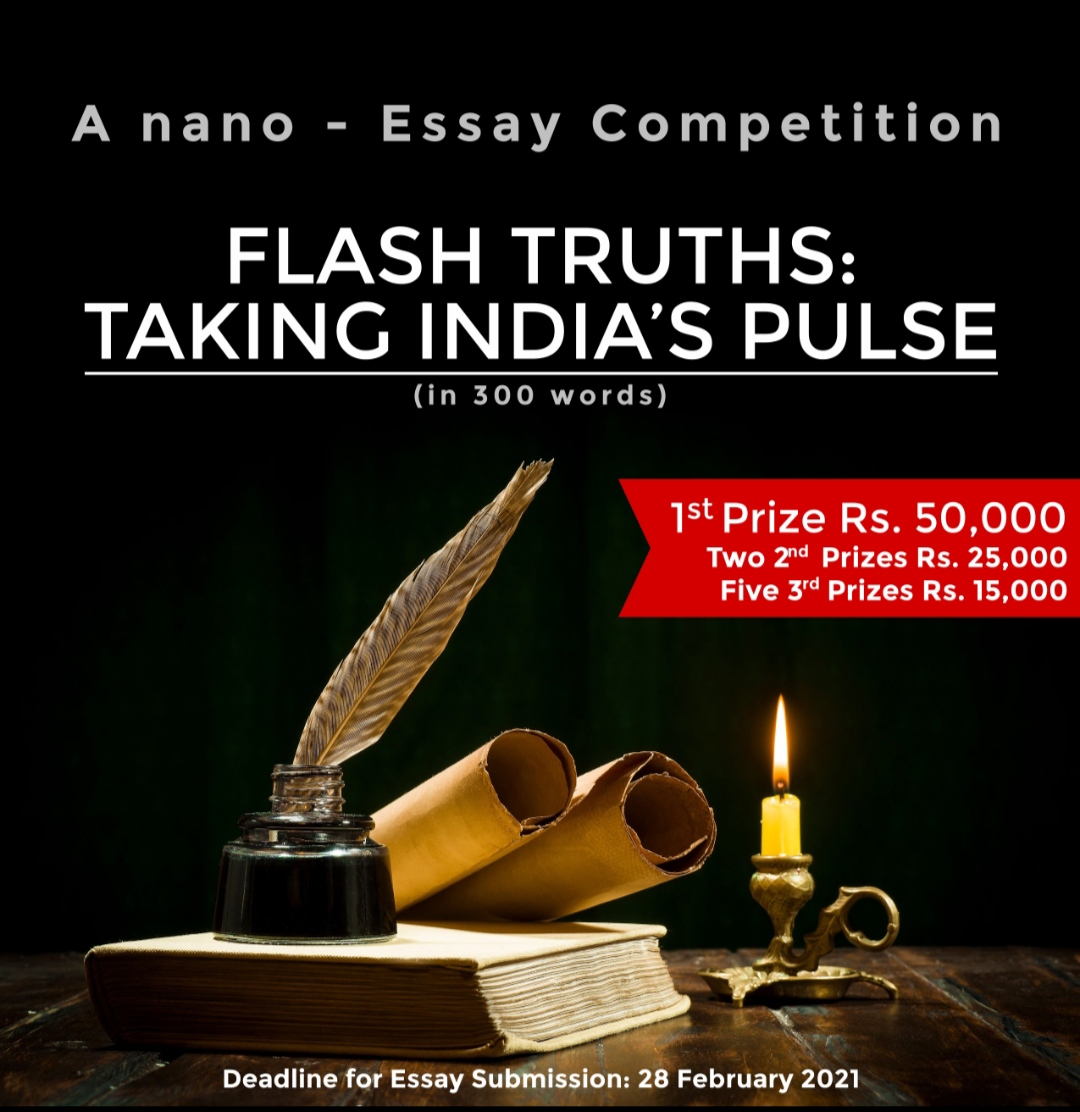
By Rakesh Ahuja
Apr 12, 2024
Is democracy spawning elected autocracies? In 2024, a tale of two much-vaunted yet internationally ranked “flawed democracies” is unfolding. The outcomes of their national elections—India in June and the US in November—will test the mettle of the democratic institutions that underpin their governance systems.
In the lead-up to these pivotal elections, a disconcerting similarity confronts them. In both countries, the very essence of democratic values and spirit is under challenge by populist contenders and their seemingly unyielding electoral bases.
Trump, the presumptive Republican candidate for the US Presidency, has ominously warned that if he does not win, there will be a “bloodbath” and the demise of American democracy. Even discounting such rhetoric as electioneering hyperbole, the underlying sentiments—he unabashedly describes the January 6 insurrectionists as “patriots”—augur testing times for American democracy. The spectre of a “Revenge Presidency” at political and bureaucratic levels looms if Trump defeats Biden—or of civic turbulence if he does not for a peaceful transfer of power can no longer be assumed.
The even more deeply flawed Indian democracy faces a subtler but insidious threat. Over the past decade, Prime Minister Modi has mobilised his Hindutva (Hindu-centric nationalism) zealots to systematically chip away at the democratic edifice, which has successfully sustained the extraordinarily diverse and largest democracy in the world for 75 years.
Unlike Trump, who offers no coherent alternative to the deep state – apart from “draining the swamp,” which he claims is out to get him – the autocratic Modi is coldly impersonal and precise. His vision is to transform secular Indian democracy into a Hindu supremacist monolith – the world’s largest theocracy. He would no doubt be encouraged by the latest Pew survey: an astounding 85% of Indian respondents would accept an authoritarian model, 67% an autocracy.
Both verifiable narcissists also exhibit a penchant for untruths. Trump’s inveterate trumpery is palpable in his copious, sometimes toxic, public interactions. In contrast, Modi has not given a press conference in 11 years, opting instead for public engagements at grandiose staged rallies. As a skilled (Hindi) orator, he relies on regular Chavez-like one-way media monologues, weaving misrepresentations with brazen hypocrisy to recharge his vast Bharatiya Janata Party (BJP) base – the world’s largest political party with over 180 million members.
Sadly, another trait in common is the shades of misogyny that run in Trump’s personal conduct as also in Modi’s uncritical acquiescence to the conduct of his Hindutva macho acolytes.
2024 is the year of over 60 national elections globally. It marks democracy’s biggest test in generations, with genuine or phantom elections in Russia, Indonesia, Taiwan, the EU, Türkiye, South Africa, the UK, South Korea, and other nations in Asia, Africa, and the Pacific. Many of these ballots will unfold in the shadow of disinformation, foreign interference, regime manipulation, and violence. And yet, their declared results will reverberate for years to come.
The outcomes in America and India hold a particular significance beyond their borders. The US geo-political, military, and economic power is vital for the security of European and Indo-Pacific countries. India’s modest but rising heft has a security role in the latter region and impacts the credibility of democracy as a preferred governance system in the Global South.
While Trump’s electoral fate against Biden is indeterminate, a halo of invincibility surrounds Modi. It has him winning a third five-year term democratically fuelled by the over 75% Hindu electorate. In 2019, Modi won a convincing parliamentary majority with just 37% of the 613mn votes cast. Suppose Modi achieves anything equal to or above that as per the first-past-the-post system. In that case, the chauvinist Hindutva ideology will tighten its grip on India’s constitutional framework, only more overtly.
The blossoming of demagogic autocrats such as Trump and Modi from within the protective shade of the democratic umbrella compels a Socratic enquiry: Instead of perpetuating the ubiquitous lib-dem lamentations that democracy is imperilled today, is it more pertinent to ask if democracy itself, by enabling populism, poses a threat to our well-being, at least in the short term?
RAKESH AHUJA
Rakesh Ahuja, a former Australian diplomat, is a Cultural Intelligence (CQ) Consultant. Professional Background: RakeshAhuja.DownloadingMyMind.com



